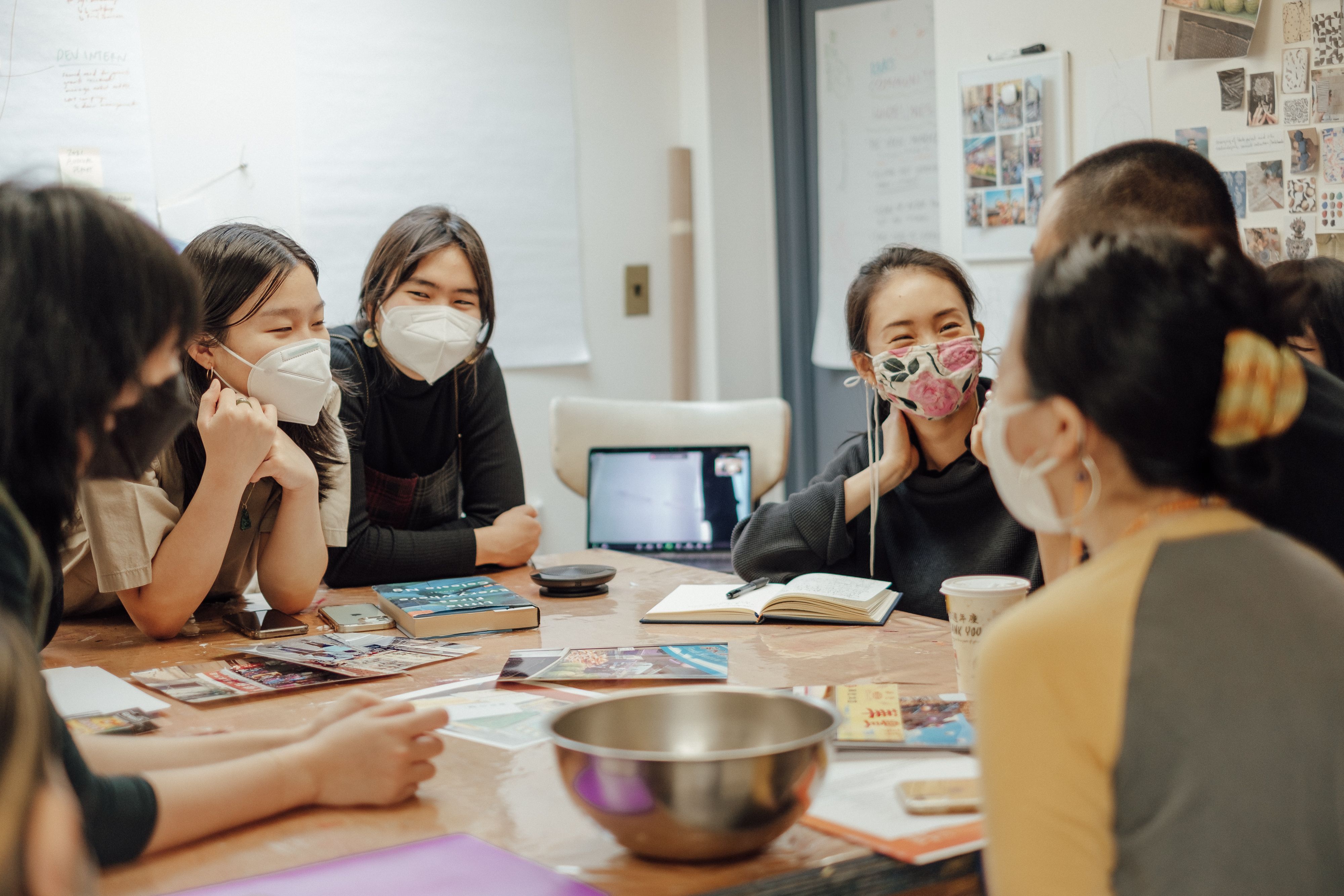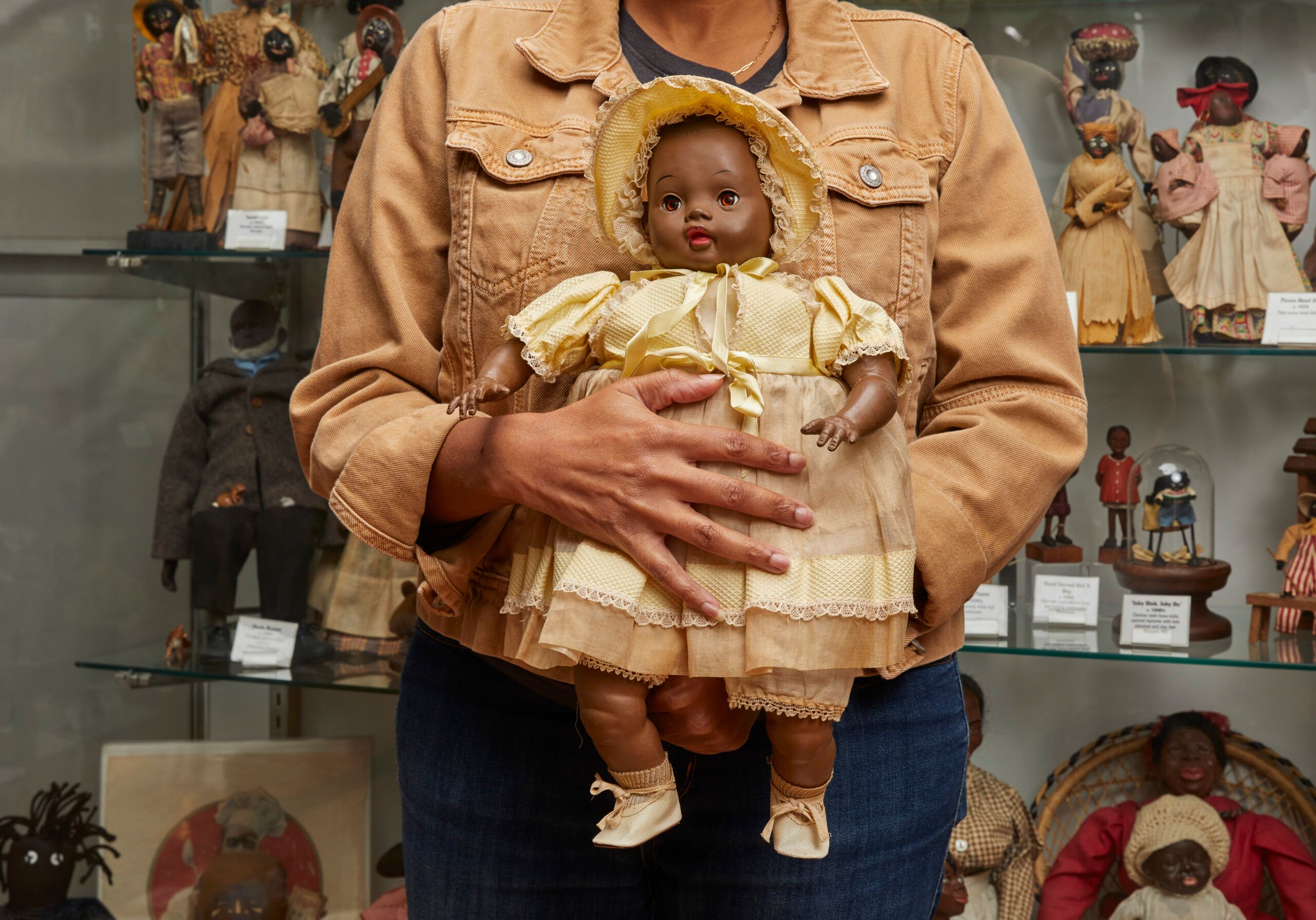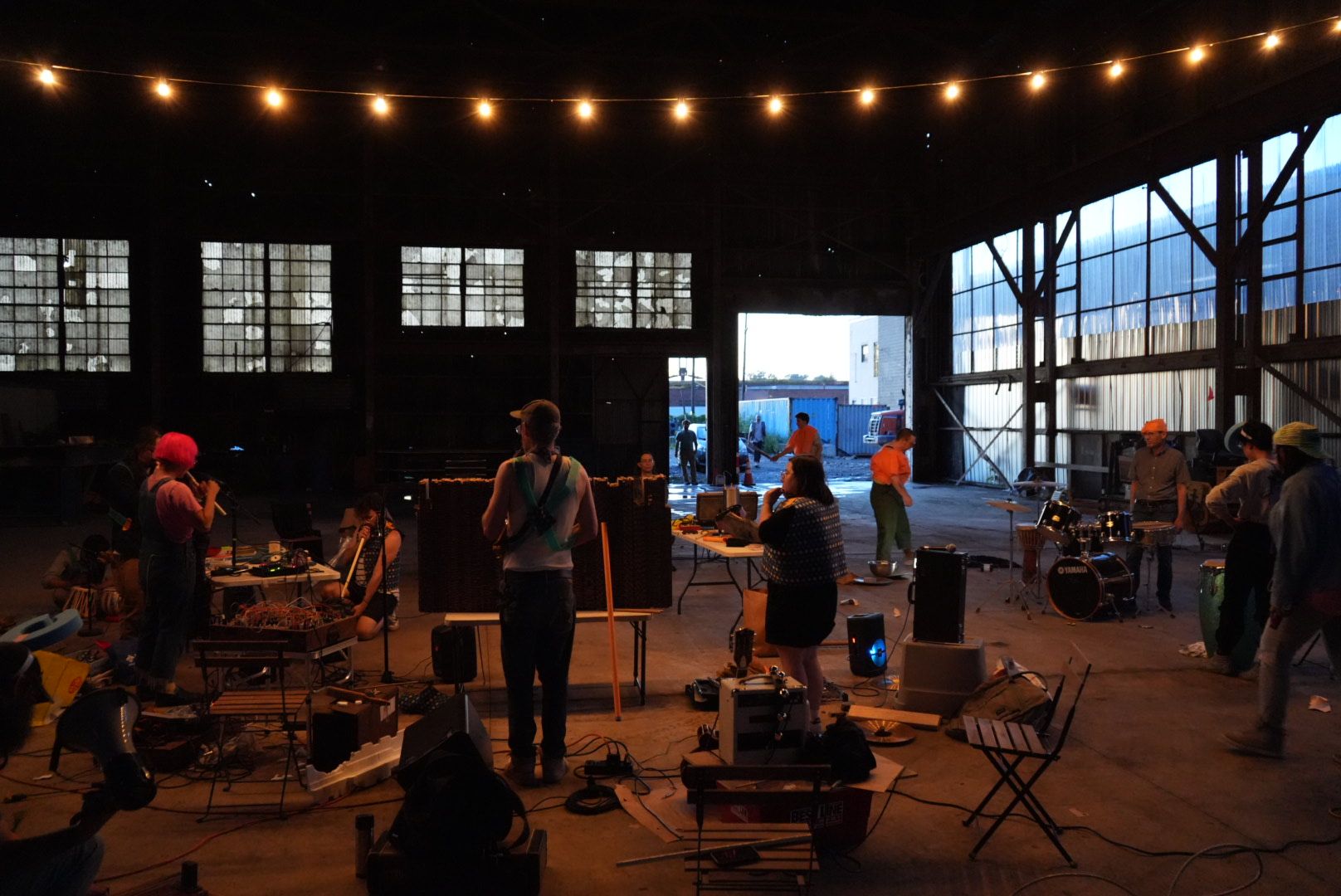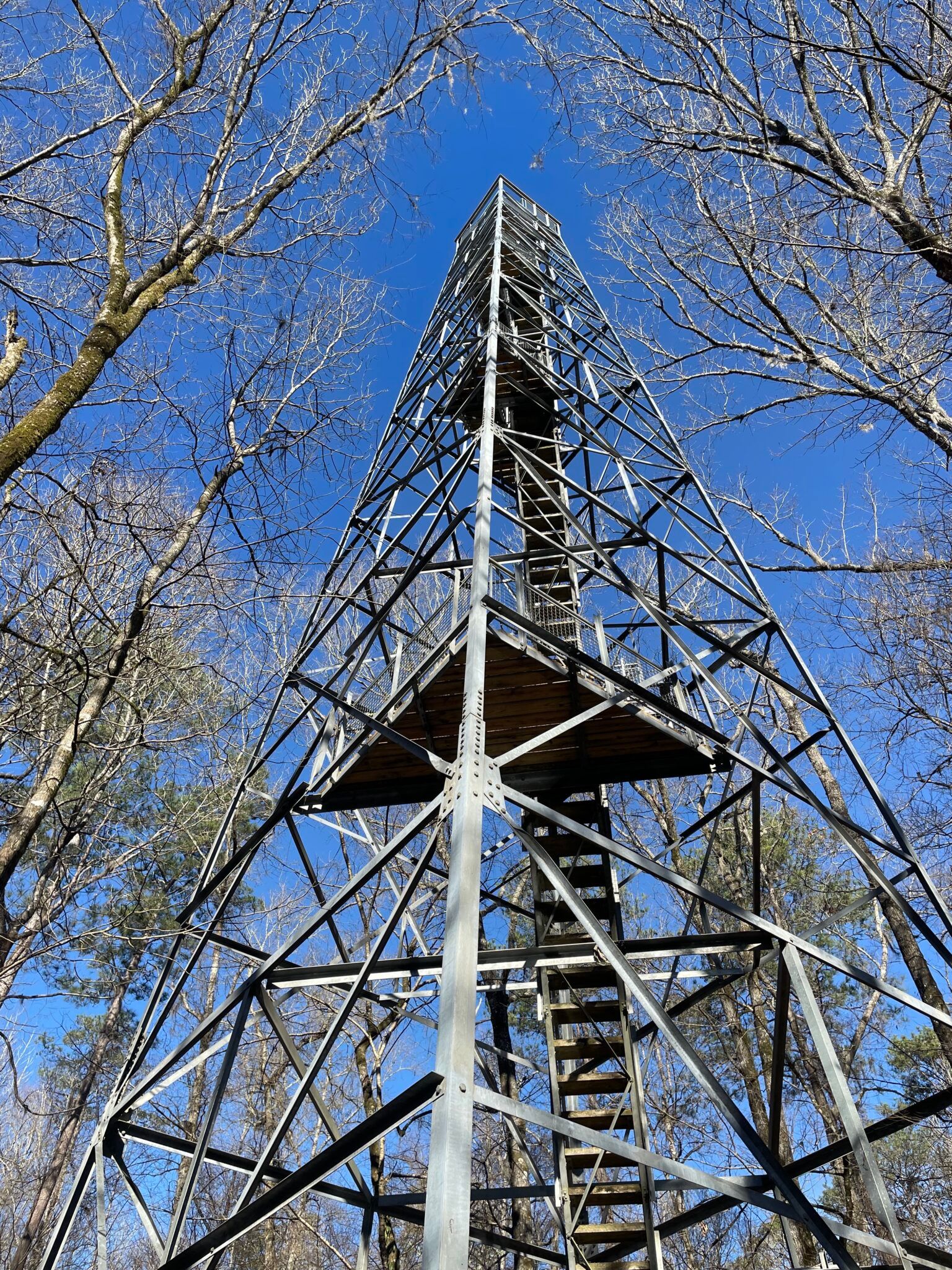We believe in transformative ideas that are worth the risk.
Learn More
Learn More

Joy Residency 2022. Photo: Echo Chen
Founded in 1890, Wing On Wo is the oldest operating store in New York’s Chinatown, and one of the last that still specializes in Chinese porcelain. The storefront has lived many lives, originally selling a wide range of products such as dried fish, canned goods, prescription herbs, and roast meats. In 1964, the shop began to specialize in porcelain. Five generations later, in 2016, Mei Lum took ownership of Wing on Wo & Co., establishing what is now The W.O.W. Project.
Through art, W.O.W. supports and creates communal practices, connecting the history of Chinatown with its future. Current initiatives include artist residencies, youth programs, public artworks, and public events. Mei Lum shares: “The W.O.W. Project sustains ownership over Manhattan Chinatown’s future by growing, protecting, and preserving Chinatown’s creative culture through arts, culture, and activism. As a community-based initiative, W.O.W. envisions the future of Chinatown as one that centers women, non-binary, queer, and trans people as leaders in building intergenerational bridges of understanding across Asian American communities and beyond.”

Photo: Philadelphia Doll Museum
The Philadelphia Doll Museum was established by Barbara Whiteman in 1988. The collection first started in Barbara’s living room, and as interest grew from area schools, it expanded into a physical museum space providing lectures and workshops. Ms. Whiteman says that the dolls are, “More than play objects or toys, {they} symbolize the struggle for freedom and human dignity and each have a message of truth and strength that is important to the psychological and sociological development of Black people. Collectively, they present visual images of how Black people were perceived throughout history.”
Curator Rob Blackson and Ms. Whiteman are currently working together closely to share the work of The Philadelphia Doll Museum through the new initiative, The Doll Museum Forward. This project will catalogue and circulate the collection of 300 Black dolls throughout Philadelphia, to honor the history of the museum, engage new audiences, and initiate community-wide art programs. The whole life of a museum is considered, and even outside of the individual collection, this project will strengthen the mission and educational goals of 30+ cultural, civic, and educational organizations throughout Philadelphia.

RAIR's mission is to challenge the perception of waste culture by providing a unique platform for artists at the intersection of art and industry. Situated inside a construction and demolition waste recycling company in northeast Philadelphia, RAIR offers artists studio space and access to more than 500 tons of materials per day.
Since its inception in 2010, RAIR’s flagship Residency Program has established itself as a unique opportunity for emerging, mid-career, and established artists. By facilitating artists’ direct engagement with the waste stream, RAIR encourages residents to consider their studio practice through the lens of sustainability and to thoughtfully reassess their processes of material sourcing and waste disposal.
